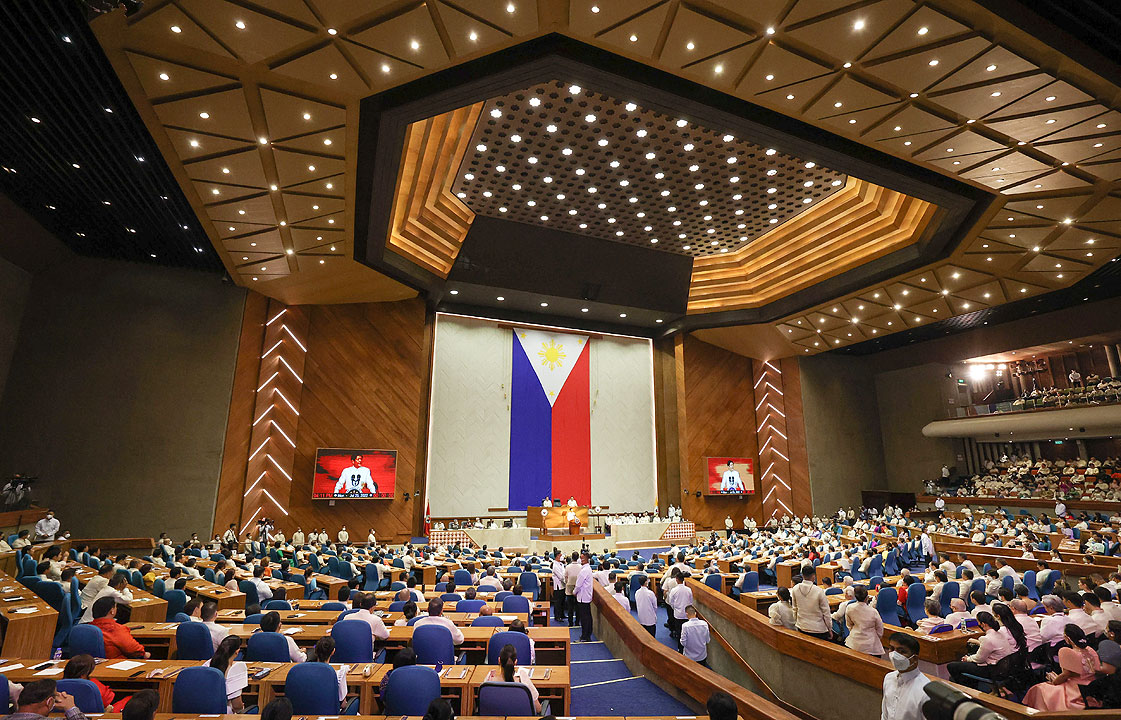
An overhaul of foreign ownership rules is the “missing piece” in transforming the Philippine economy, according to an official of Singapore investment company JJ Richman.
“There is one missing piece that the Philippines has had for a long time and they’ve been behind on, which is the foreign investment limit — 40% at the moment,” James Richman, chief investment officer at JJ Richman, told BusinessWorld.
“That’s something I’ve witnessed, where, for example, in Vietnam, they don’t have such big restrictions as in the Philippines. So for many years, there have been big investments flowing into that country,” he added.
He said the potential for opening up foreign ownership is what gives the Philippines upside.
“That is why I like the Philippines. There is still this missing piece, and once that gets unlocked, there is going to be more foreign investment flowing into the country, more projects, and more economic growth happening,” he said.
“Whereas other countries like Singapore and Vietnam seem to be already more or less mature if we compare them to the Philippines, there’s kind of more upside and more growth opportunities in the Philippines,” he added.
He said that the Philippines has the most stringent foreign equity ownership restrictions in ASEAN region. Under Article 12 of the Constitution, foreign ownership of land and businesses is limited to 40%, with the remaining 60% set aside exclusively for Filipino citizens or corporations.
Congress has been deliberating its own resolutions proposing constitutional amendments to ease restrictions on foreign investment. Both proposals seek to open up industries like public utilities, education, and advertising.
Earlier this year, President Ferdinand R. Marcos, Jr. backed amendments to economic provisions but added that he was not in favor of allowing foreigners to own land and businesses in power generation and media.
Mr. Richman said that he also agrees that the government should limit the proposed 100% opening to just the three sectors.
“I also like the parts that they excluded, which is that they don’t want to give 100% ownership to foreign investors in the industries that could control or change the direction of the country, the media being one of them,” he said.
“I like that part and also the industries that they were focusing on where the limit will be lifted, such as public utilities, advertising, and education. These are industries that will obviously benefit Filipinos,” he added.
“I really like the idea that he’s not willing to change the percentages on real estate. Because again, the outside purchases will just drive up the price that Filipinos wouldn’t be able to afford, and that would be unfair,” he said… When an investor comes in and launches an enterprise, he can own 100% of it, but land is something that the people of the Philippines already own, so why give 100% of it away?”
He called the timing of the proposed changes “really good, specifically because of technologies such as artificial intelligence, automation, big data, machine learning, and biotechnology,” he said. “Many years ago, there were no such breakthroughs and innovations in these industries as there are now, so if you opened it up many years ago, there wouldn’t be this drive and energy from engineers, entrepreneurs, and investors because there was no vehicle to accelerate their investment.”
“Some said we have to first solve problems of poverty, and I disagree with this statement because it’s known that innovation and startups are what actually solve problems such as poverty,” he added. “If we wait for that, that’s going to happen again. So that’s why I also think it’s the right time for that (charter change) as I think this would be an instrument and a vehicle for how to solve poverty,” he added. — Justine Irish D. Tabile



